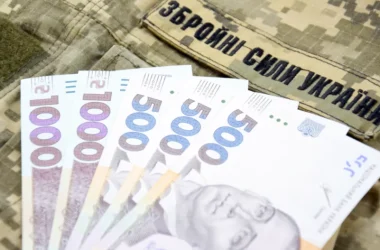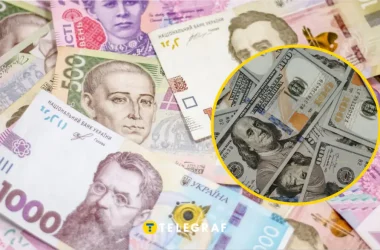From December to January, the international benchmark Brent crude rose by about $11 per barrel. Since the beginning of February, it has risen by almost the same amount due to concerns about supply shortages, rising inflation and geopolitical tensions, and there is currently no reason for it to fall, CNBC writes.
Almost none of the analysts have doubts that Brent will cost more than $100 per barrel. But many of them warn that the price could reach $125 per barrel or even higher.
So John Driscoll, director of JTD Energy Services, points to a lack of investment in the exploration of new fields, low oil reserves and low supply. According to him, such a situation can lead to an increase in the price of oil to $120 or even $150 per barrel.
Another factor contributing to the price increase is the threat of a Russian invasion of Ukraine. After the Russian Federation announced on February 15 that part of its troops would be withdrawn from the Ukrainian border, oil fell by 3%. But commodities recovered losses when the statement was not confirmed by the US and NATO.
Oil will become more expensive even without an invasion
However, Driscoll stresses that the oil shortage is not just geopolitical. He indicates that demand for it is recovering quickly, but production remains at a low level.
This is partly explained by the fact that OPEC+ countries, including Saudi Arabia and the Russian Federation, produce less oil than their quotas allow. According to S&P Global Platts, in January the cartel’s production was 700,000 barrels per day less than the quotas.
In February, the Energy Information Administration cut its OPEC capacity estimates by 300,000 barrels per day. So far, the group is not going to deviate from its planned quota increase of 400,000 barrels per day in 2022, despite requests from the United States.
On the other hand, investments in oil production in the US and other countries are at a low level due to the pandemic and the efforts of governments to “green” the economy.
Price drop “not on the horizon”
According to RBC Capital Markets analysts, the only thing that can change the upward trend in prices is a drop in demand. It will happen when the price of oil becomes so high that buyers cannot afford to buy it.
The company’s strategist Michael Tran predicts that the price of oil will continue to rise until it reaches a point of “demand destruction,” or until there is a sharp jump in production. The bank considers both scenarios unlikely in the near future and forecasts oil prices at or above $115 a barrel this summer.
Demand destruction occurs when too high prices for a product force buyers to switch to substitute products. Such demand is considered “destroyed” because it does not return even with a change in market conditions.
The price of oil
The price of Brent oil exceeded $95/barrel last week. This is a record high since summer 2014 and a 63% year-over-year increase. At the time of writing, it costs $93.28 per barrel.








